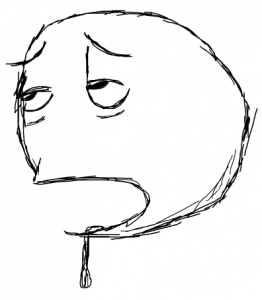 Sometimes something that sounds so innocent can be a symptom of a larger issue. Drooling in infants and toddlers is often associated with teething, but can also be the sign of a larger health problem that can affect your child’s speech development.
Sometimes something that sounds so innocent can be a symptom of a larger issue. Drooling in infants and toddlers is often associated with teething, but can also be the sign of a larger health problem that can affect your child’s speech development.
Drooling and Teething – A Normal Process
When your baby begins to teethe, often around 6 months of age, you will likely see an increase in drool. There are no front lower teeth to hold back the saliva stream, and the body naturally increases saliva in a baby’s mouth to prepare for the healthy eruption of teeth. Saliva has mild antibacterial properties that help to keep your baby’s mouth healthier, and as more teeth erupt the levels of saliva can be expected to increase. Continue reading
